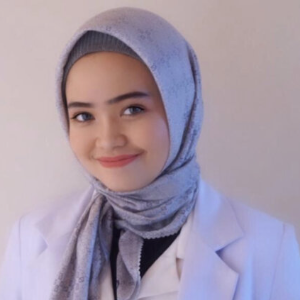Title : The best efficacy treatment for alopecia androgenetic: A systematic Review and Meta-Analysis
Abstract:
Androgenetic alopecia (AGA), is a genetically predetermined disorder due to an excessive response to dihydrotestosterone (DHT). Currently, non-surgical treatment of androgenetic alopecia is more in demand by patient. There are many non-surgical treatments, ranging from topical treatments, oral medications, and procedure treatments.We aim to assess the latest evidence of the efficacy of non-surgical treatments of androgenetic alopecia in men comparison to placebo for improving hair density, thickness, and growth.We performed a comprehensive search on topics that assesses non-surgical treatments of androgenetic alopecia in men from inception up until November 2021.There were 24 studies out of a total of 2438 patients divided into five non-surgical treatment groups to assess the effectiveness of hair growth, namely: minoxidil 2% (MD: 8.11 hairs/cm2), minoxidil 5% (MD: 12.02 hairs/cm2), low-level laser light therapy/LLLT (MD: 12.35 hairs/cm2), finasteride 1mg (MD: 20.43 hairs/cm2), and Platelete-Rich Plasma/PRP with microneedling (MD: 26.33 hairs/cm2). All treatments had significant results for increasing hair growth particularly in cases of androgenetic alopecia in men (P<0.00001).
Conclusion: From the results, it was found that the five non-surgical treatment groups proved to be effective and significant for hair growth, particularly in cases of androgenetic alopecia in men. In order of the best non-surgical treatment for hair growth starting from PRP with microneedling, Finasteride 1mg, LLLT, minoxidil 5%, to minoxidil 2%.



